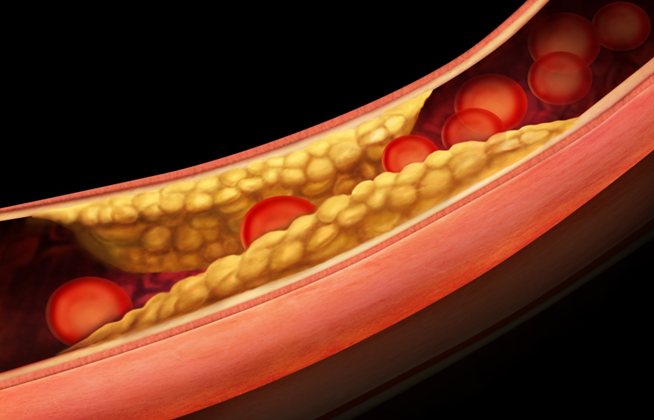These are among the most widely used drugs in the world. Antiplatelet drugs are the part of the class of drugs that are used to decrease the platelet aggregation. The drug is quite effective in preventing the formation of thrombus. Antiplatelet drugs are used to decrease the heart attack risks and prevent the strokes. The drugs are also known to treat those people who are suffering from the problems of blocked arteries in the legs.
What are Antiplatelet drugs and who needs them?
Antiplatelet drugs are used to prevent the blood platelets from clumping together to form a blood clot. Blood platelets clump together if you bleed to form a mesh or network-like structure to prevent the blood from flowing endlessly. It is an essential feature of blood to form the clot to prevent the loss of blood, but in some people, blood clot can be formed in the arteries or veins in places where they have become very narrow due to the deposition of fat or cholesterol.
Such area where the fat/cholesterol deposition occurs is called plaque. When the blood platelets flow over these areas of plaques, then they clump together to form a clot. As the artery gets blocked completely due to the formation of clot and deposition of plaque, then the heart muscles have to work more hard to take the blood through the artery. This can initiate a mini-stroke or a stroke if the clot is formed in the artery located in the brain or connecting the brain with the body. Similarly, a patient with coronary artery disease can face heart attack or stroke due to the poor blood supply.
Antiplatelet drugs help to prevent such instances. These drugs prevent the potential risks of clot formation.
People who need antiplatelet drugs:
Certain people might need an antiplatelet drug treatment due to various health reasons. A few people who need antiplatelet drugs are:
- People who are at a high risk of having a heart disease, but have not been diagnosed yet
- People who are having a heart disease along with ‘stable’ angina.
- People who have a heart disease, but with an unstable angina pain
- People who have acute coronary syndrome
- People who have undergone a bypass surgery/an angioplasty
- People who have had mini strokes
- People who have had strokes
- People who have coronary artery disease or peripheral artery disease
Classification or different types of antiplatelet drugs:
The different types of antiplatelet drugs are classified into four types:
- ADP antagonists/thienopyridines:
- Ticlopidine
- Clopidogrel
- Prasugrel
- COX inhibitor drugs:
- Aspirin
- Phosphodiesterase inhibitors:
- Dipyridamole
- GP lib/via inhibitors:
- Tirofiban
- Eptifibatide
- Abciximab
How to decide which is the best antiplatelet drug suited for your condition:
The doctor will take into account many things before he decides the best antiplatelet medicine suited for your use. The doctor will consider the risks or side-effects it might pose to your health. Safety issues like allergy and effectiveness are also considered. Cost issues are also taken into account before choosing a drug. So taking different factors into consideration like effectiveness, safety, side effects and cost, following drugs have suggested under different clinical circumstances:
- Aspirin Plus Clopidogrel: for people with coronary artery disease/ had cases of heart attack or stroke or those who have stent implantation
- Clopidogrel only: for those who are allergic to aspirin or for those who are diagnosed with coronary heart disease
- Aspirin only: for those with peripheral vascular disease
- Aspirin/ aspirin plus dipyridine(Extended-release) / clopidogrel: for those you have had stroke or mini-strokes
The mechanism of action of different antiplatelet drugs is different. If too many or multiple antiplatelet drugs are used then drug toxicity chances, like gastrointestinal bleeding, also increases.
Marie
Latest posts by Marie (see all)
- Revize Micro Gel 0.025% | Uses, Price, Side effects - April 9, 2025
- What is Evalon Cream: How to Apply, Benefit, who Can Use - April 4, 2025
- Understanding Avanair 200 mg: A Comprehensive Guide - April 4, 2025




